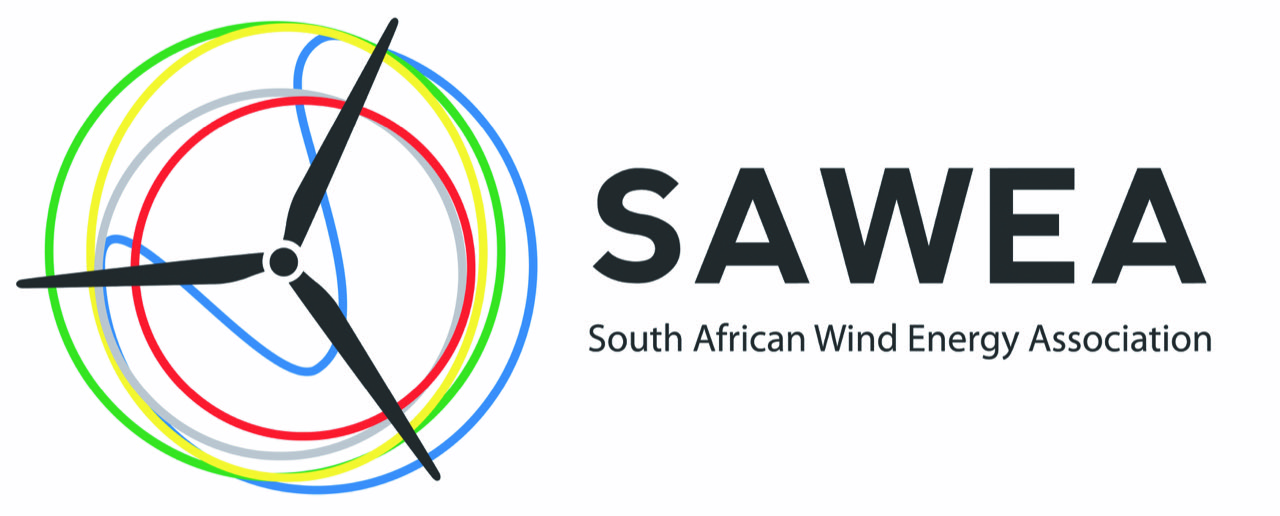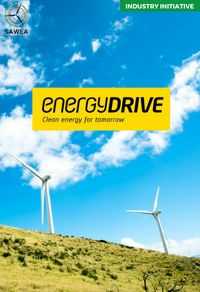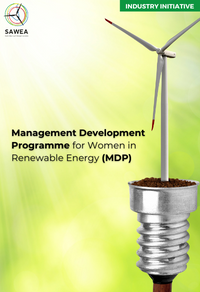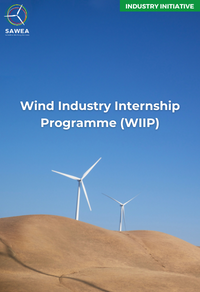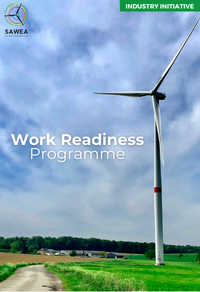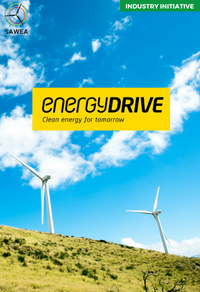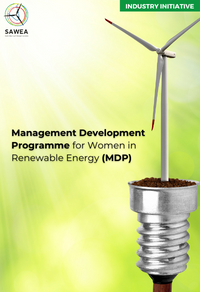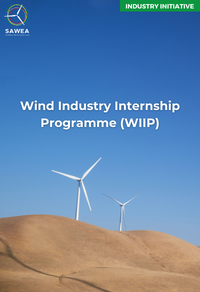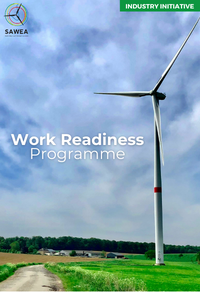Wind Energy to Play a Significant Role in the Anticipated IRP2024
The South African Wind Energy Association (SAWEA) commends the government’s multi-disciplinary stakeholder engagement process of the IRP2024 in addition to the public participation process, under the leadership of the Ministry of Electricity & Energy and supported by Eskom, NTCSA and SANEDI.
The wind industry welcomes the significant reconsideration of wind energy as the government aligns its energy planning with broader national policies and objectives. SAWEA actively contributed to the targeted workshops by making substantive submissions, and is pleased to see that the input assumptions have been remodelled to reflect these contributions.
The Draft IRP2024 considers all ongoing new generation capacity initiatives, including solar rooftop, public and private wind and solar PV procurement, Eskom’s own build in line with demand, and the TDP providing a more holistic view of the system needs.
It is anticipated that wind energy will contribute between 69 GW and 76 GW across all of the planned scenarios. This shows the value and benefit of wind energy contributing to energy security, cost, environmental and social impact.
“We are excited to see that wind energy will feature as the prevalent technology in South Africa’s future energy mix. This allows the industry to respond with plans to build capacity in the long term to accelerate wind energy as part of the energy mix,” says Niveshen Govender, Chief Executive Officer of SAWEA.
“While it looks like the plan has been developed with transmission considerations, the only question that remains is how Eskom NTCSA will effectively integrate these ambitious new generation capacity plans. This is particularly critical given the severe impact of grid constraints on wind energy in wind-rich areas over the past three years.”
Looking ahead, SAWEA eagerly awaits the issuance of IRP2024 in 2025. We remain committed to supporting its implementation and advancing South Africa’s climate and energy objectives through the continued growth of wind energy.
